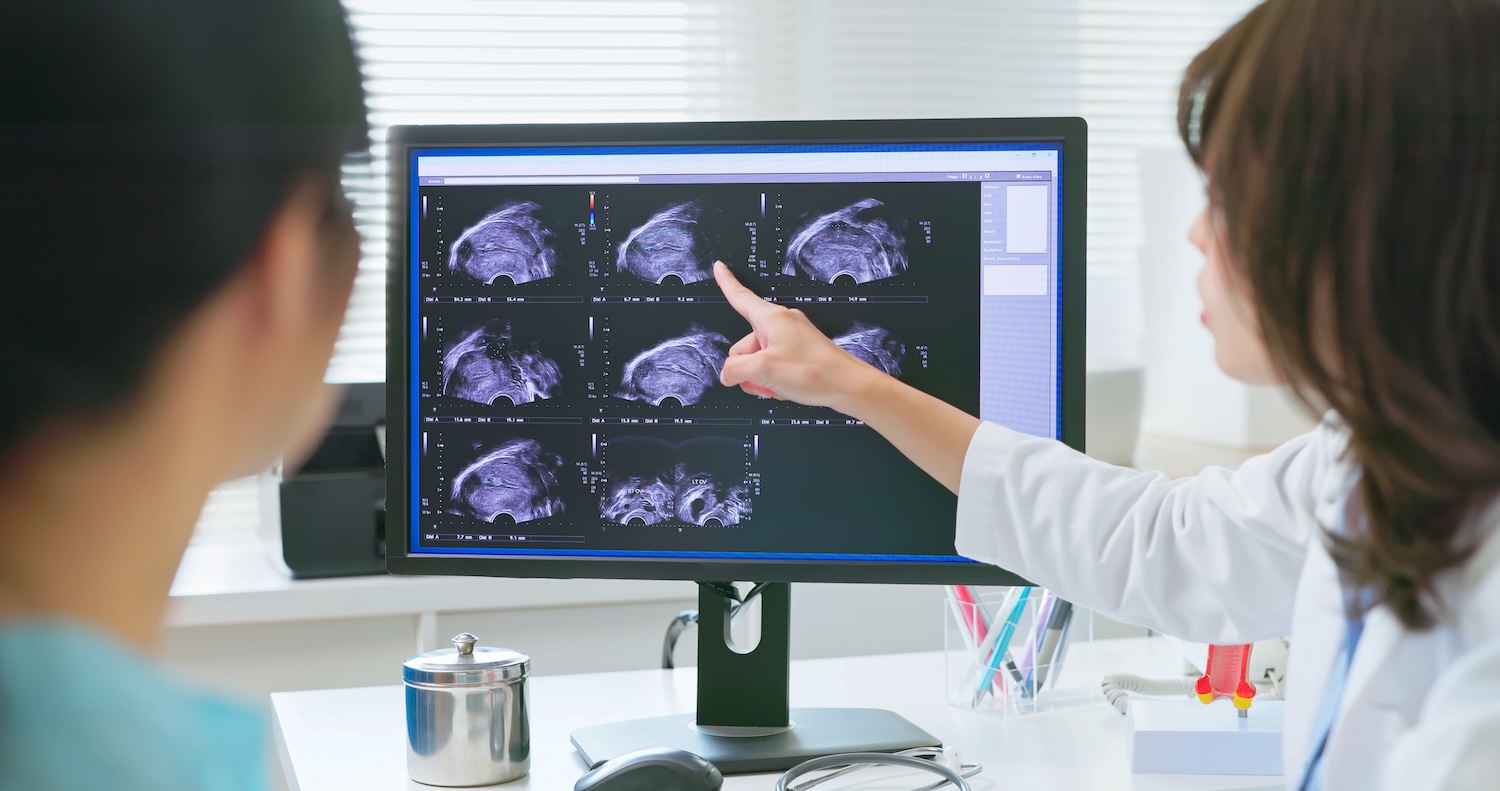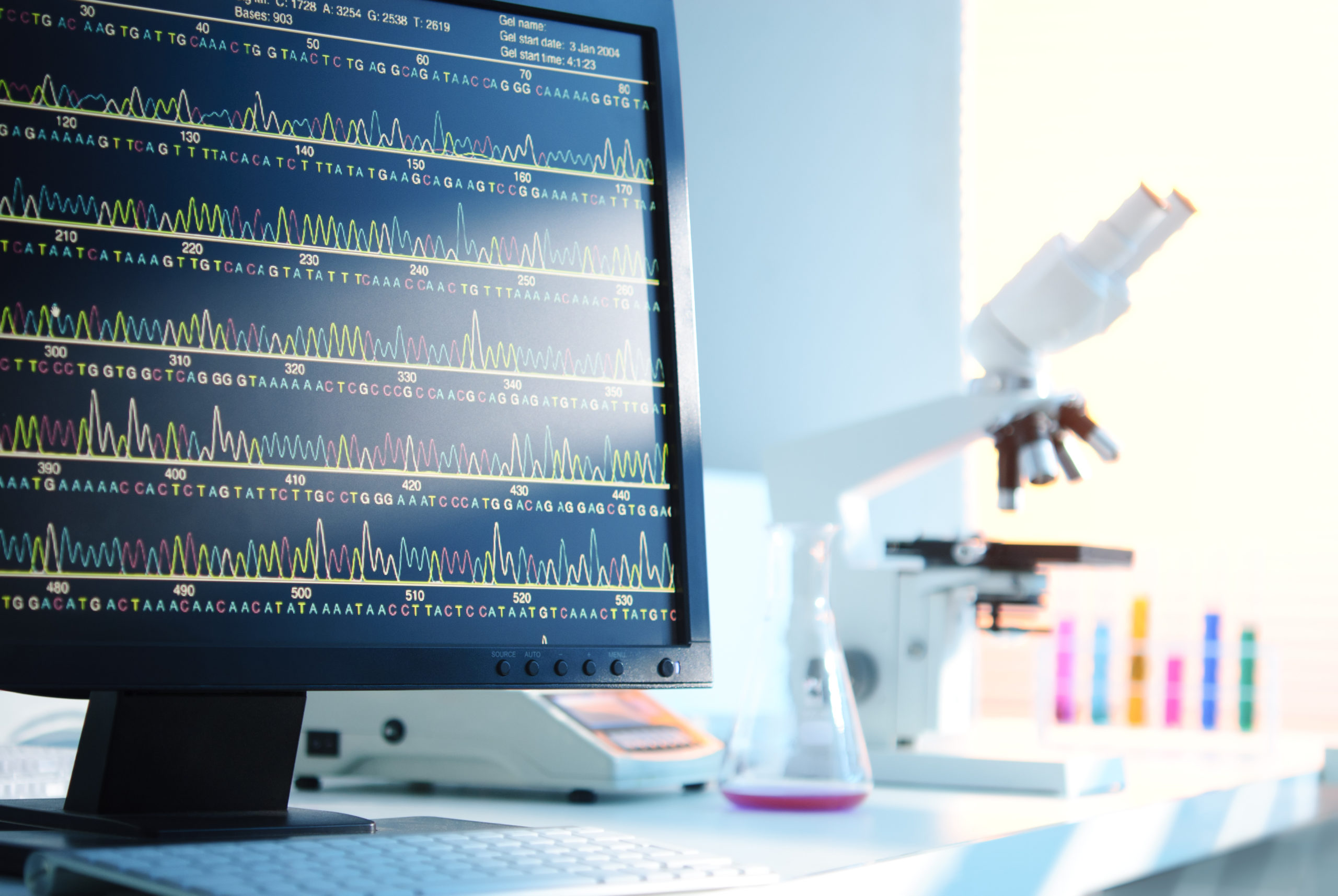Tag: Research
-

Understanding Cellular Impacts of Neurodegeneration
A Northwestern Medicine study has revealed a key mechanism underlying the development of motor neuron diseases, offering new insights into potential treatment options, according to a study published in the Journal of Neuroscience.
-

New Ultrasound Curricula May Improve Residency Education and Training
New consensus-based recommendations on point-of-care ultrasound skills, instructional methods, and assessment strategies could help improve ultrasound education and training nationwide, as detailed in a recent study published in Annals of Internal Medicine.
-

AI Models Predict Sepsis in Children, May Enable Preemptive Care
Northwestern scientists have developed and validated AI models that accurately identify children at high risk for sepsis within 48 hours, so they can receive early preemptive care.
-

Subgroups of Interneurons Regulate Learning and Fear Responses
Northwestern Medicine investigators have uncovered new insights into the synaptic connections of subgroups of interneurons, findings that may improve the understanding of fear responses and could inform new targeted therapies for post-traumatic stress disorder (PTSD), according to a recent study.
-

Nearly Everyone Has at Least One Risk Factor Before a Heart Attack, Stroke or Heart Failure
More than 99 percent of people who went on to suffer a heart attack, stroke or heart failure already had at least one risk factor above optimal level beforehand, according to a new study.
-

Childhood Blood Pressure Holds Clues for Lifelong Heart Health
Blood pressure measured as early as age seven can predict cardiovascular mortality decades later, according to a new Northwestern Medicine study published in JAMA.
-

Patient Wealth is Associated with Quality of Glaucoma Care
Patients with newly diagnosed glaucoma who have less wealth or reside in rural communities are less likely to receive standard glaucoma care compared to wealthier patients, according to a recent multi-institution study published in JAMA Ophthalmology.
-

Influential Biochemist Svetlana Mojsov Named Winner of 2026 Kimberly Prize
Distinguished biochemist Svetlana Mojsov, PhD, the Lulu Chow Wang and Robin Chemers Neustein Research Associate Professor at the Rockefeller University, New York, has been named the winner of the annual $250,000 Kimberly Prize in Biochemistry and Molecular Genetics.
-

Black Adults Face Heart Failure Nearly 14 Years Earlier than White Patients
Black adults in the U.S. are first hospitalized for heart failure nearly 14 years earlier than white adults, according to a new study analyzing data from more than 42,000 patients across hundreds of hospitals.
-

Diabetes Drug May Protect Against Kidney Inflammation
A new study has shed light on how a class of diabetes drugs may protect the kidneys — not just by lowering blood sugar, but by triggering a molecular shift that dampens inflammation, according to the study published in The Journal of Clinical Investigation.





